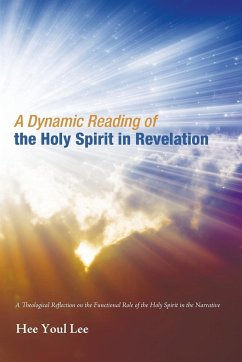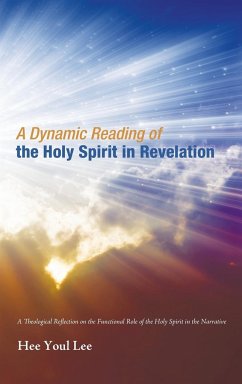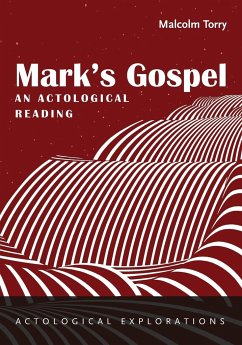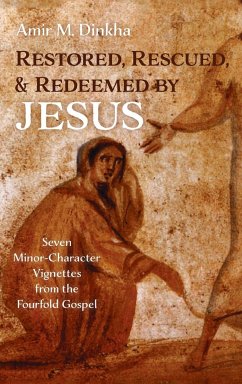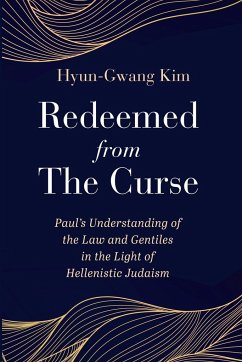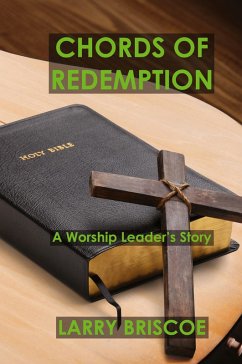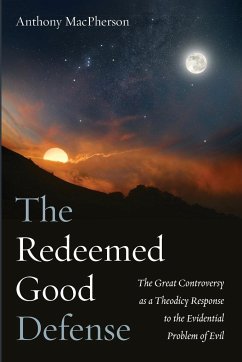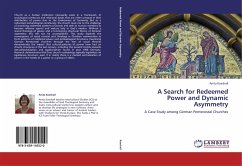
A Search for Redeemed Power and Dynamic Asymmetry
A Case Study among German Pentecostal Churches
Versandkostenfrei!
Versandfertig in 6-10 Tagen
52,99 €
inkl. MwSt.

PAYBACK Punkte
26 °P sammeln!
Church as a human institution necessarily exists in a framework of sociological constructs and relational dyads that are often unequal in their distribution of power due to the brokenness of humanity. But as a redeemed eschatological community, the church must rise to the challenge of practicing redeemed patterns of power and seek to nurture members to become reflexive agents and mature laity in God s mission. Without a sound theology of power and a functioning structural theory of dynamic asymmetry this will not be accomplished. This study explores the convergence of social context and theolo...
Church as a human institution necessarily exists in a framework of sociological constructs and relational dyads that are often unequal in their distribution of power due to the brokenness of humanity. But as a redeemed eschatological community, the church must rise to the challenge of practicing redeemed patterns of power and seek to nurture members to become reflexive agents and mature laity in God s mission. Without a sound theology of power and a functioning structural theory of dynamic asymmetry this will not be accomplished. This study explores the convergence of social context and theology in Christian communities to form patterns of relational power and ecclesiological structures. Examining German Pentecostal churches through the lens of social theories demonstrates the impact that cultural patterns of power have had on church structures in the last century, including the present trends towards detraditionalization and egalitarianism found in post 1968 Germany. Research demonstrates that free church ecclesiology typically legitimizes an egalitarian structure, even if in reality there is a marked centralization of power in the hands of a pastor or a group of elders.





